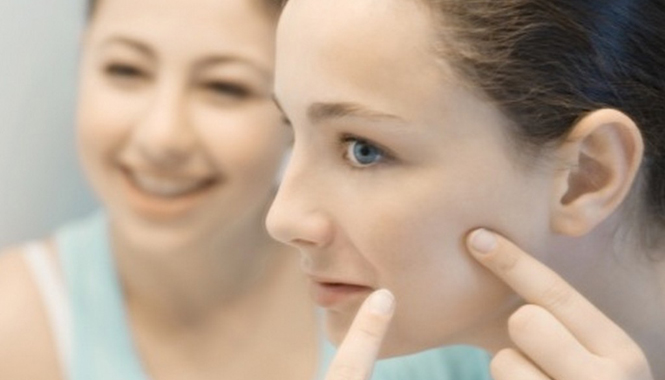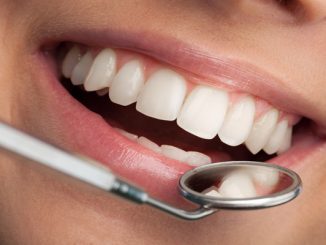

So, what is the best acne scar treatment? Acne is a skin condition involving clogged pores, and is common in people experiencing hormone fluctuations, particularly people in their teens and 20s; however, it can affect anyone of any age. Acne blemishes, which can occur as whiteheads, blackheads, and pimples, are usually caused when the sebaceous glands create too much oil for the skin. The condition usually subsides as a person ages, but unfortunately deep acne blemishes or cyst-like acne can cause scarring. There are varieties of methods for dealing with scars. However, the best cure is prevention. We will talk about some preventative methods, and about what to do once the scars have formed.
Treating Scars Before They Form
As acne blemishes heal and the inflamed skin is calming down, the skin affected by the blemishes can become discolored, which can cause scars. The time to try to start the scar treatment is when this healing begins, before the scars have formed. The skin should be protected from exposure to harmful UV rays as much as possible during this time, so it is a good idea to wear a sunscreen every time you go outside. There are medications that will help while the skin is healing. One of these is called Tretinoin, and it is known to speed up the healing of the skin and to prevent scar tissue from forming. Skin treatments that contain beta hydroxy and alpha hydroxy acids are also recommended by dermatologists in the formation of new, healthy skin tissue.
Punch Treatment
For scars that have already begun to form, there are treatments available to lessen their appearance. The best advice is to consult with a dermatologist – a dermatologist has access to the latest medications and methods, can diagnose the depth of your scars, and will be able to help you come up with a treatment plan for your individual needs.
For deep scars, there is a treatment known as the “punch” technique. In the punch method of treatment, a biopsy needle is used to alter the scar surgically, in effect suturing it closed. The sutures, themselves, will leave behind a small scar, but those scars are tiny and fade with time. The sutures can make deep scars very shallow and even with the rest of the skin’s surface, and will reduce discoloration.
Laser Therapy
A newer treatment for skin resurfacing uses lasers to remove the scarred skin tissue in layers, allowing new skin layers to grow. This acne scar treatment is best suited for those with light complexions, as the laser itself can cause scarring in those with dark complexions. While the laser will not erase scars completely, it should make them significantly less noticeable, to the point of near invisibility.
Non-Surgical Treatments
There are many topical over-the-counter scar remedies for those wishing to forgo surgery. These preparations usually contain herbs and vitamins that promote healthy skin growth, but always get the advice of a doctor before using any skin care product that promises to reduce scars.
Helpful Tips:
- If you are still experiencing acne, it is not wise to seek scar treatment. The treatments work best for those without active acne cases. Always get treatment for your acne before tackling the scars!
- Sometimes, a pimple will leave behind a red mark; this is not a scar but a simple skin discoloration that will fade over time depending on your complexion and the spot by itself.
- Dermabrasion treatments (including micro) are not effective for deep “ice pick”-type scarring, only for new or superficial scars. When experiencing deep scarring, talk to a dermatologist about an alternative treatment.
- Deep scars require extensive treatment. A surgical method called subcision can be done by your dermatologist, followed by dermabrasion or chemical peels to even out the surface of your skin.
- Before you begin any acne scar removal methods, always talk with a doctor first.
If you have any idea abot best acne scar treatment you can send it to us











Leave a Reply
You must be logged in to post a comment.